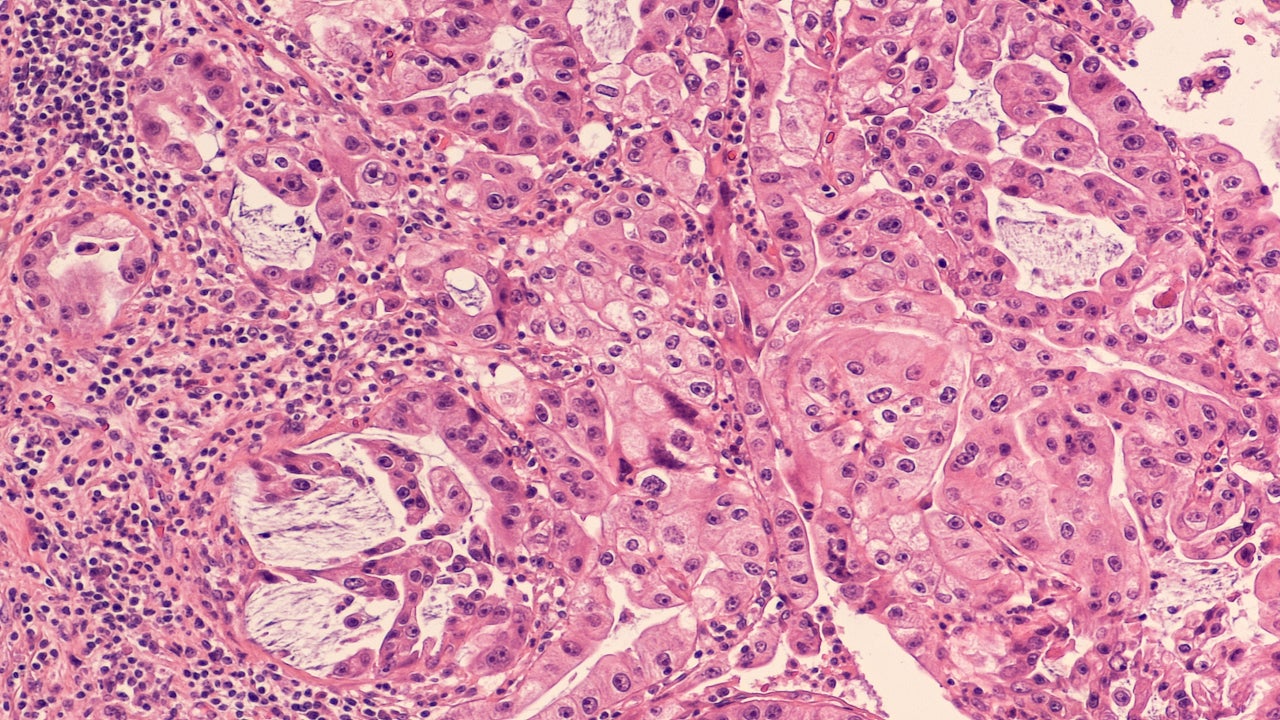Quercis Pharma is working with the CRO Clinipace in a Phase III trial of Kinisoquin (isoquercetin) for venous thromboembolism (VTE) prevention in pancreatic cancer patients, CEO Ilias Läber said. Meanwhile, Quercis is raising in the range of $40m-$60m as part of the company’s first fundraising effort, Läber said.
Quercis is in the process of finishing a Special Protocol Assessment with the FDA and anticipates recruitment to start in April, he added. Morrisville, North Carolina-based Clinipace is responsible for running the clinical trial, and Zug, Switzerland-headquartered Quercis is working internally and with outside consultants for regulatory work, Läber noted.
Clinipace was chosen from a field of around eight unnamed CROs primarily due to its quality control and reputation, Läber said. Clinipace’s contract costs several millions more than other proposals Quercis received, he said. However, Quercis ultimately believed it would be more cost-effective to work with Clinipace, he explained.
The Phase III will randomise approximately 240 patients to three arms: 1,000mg or 2,000mg daily doses of isoquercetin or placebo, Läber said. The trial’s primary endpoint is likely to be incidence of positively adjudicated thromboembolic events over 16 weeks, he added. Secondary endpoints include incidence of catheter-related thrombosis and progression-free survival, with a follow-up period of 24 months, he added. A Clinipace spokesperson declined a request to comment.
Quercis also plans to initiate a 260-patient Phase III isoquercetin trial for VTE prevention in glioblastoma patients in 2Q, Läber said. The trial will be run in conjunction with the European Organisation for Research and Treatment of Cancer (EORTC), and will last approximately two years, he added, but did not say the CRO element of this trial.
The FDA told Quercis that if it successfully shows efficacy in two separate Phase III studies for two separate cancer types, isoquercetin would be able to apply for registration in VTE prevention for all types of cancers, Läber added.

US Tariffs are shifting - will you react or anticipate?
Don’t let policy changes catch you off guard. Stay proactive with real-time data and expert analysis.
By GlobalDataPreviously, a 57-patient Phase II isoquercetin trial demonstrated dose-dependent inhibition of post-thrombotic biomarkers, the trial’s secondary efficacy endpoint, with no primary VTE events. Pancreatic, colorectal and non-small cell lung cancer patients were included in the study (Zwicker, J., et al, JCI Insight, 2019 Feb 21;4(4):e125851). Orally administered isoquercetin prevents blood clotting.
Meanwhile, in terms of fundraising, $60m would fund the company’s clinical development plans for three to four years, he added. Previously, the company’s founders had largely funded the company since initiation around 15 years ago, he explained.
Quercis looks to grow its shareholder base and thus is seeking a small group of high-calibre investors with good standing in the biotech community, Läber added. This shareholder base could be as few as one to three investors, he added, declining to provide more specifics on its ideal investors.
Looking further ahead, Quercis could begin preparations for an initial public offering (IPO) in as few as 12 to 18 months, Läber added. A Nasdaq listing is mostly likely, with a dual listing in Switzerland and the US also possible, he noted.
William Newton is a Reporter for Clinical Trials Arena parent company GlobalData’s investigative journalism team. A version of this article originally appeared on the Insights module of GlobalData’s Pharmaceutical Intelligence Center. To access more articles like this, visit GlobalData.





